Feeling a little blue lately? Why not dye your hair, and see if you feel better? There’s a psychology behind changing hair color, and it might be the mood boost you need.
Different colors evoke different emotions according to studies, they even impact our mental and physical well-being.
In an attempt to make ourselves happy again in this world full of constant change, altering our hair color can offer that fresh start feeling.
Imagine looking up at the sky after a bad day, the sunshine is yellow and so are happy colors such as orange, pink, red, etc. They all give off positive vibes that we all love. Even softer tones such as peach or lilac can uplift your spirits just as much.
This goes hand in hand with cool tones like blue, green, and purple; they bring out a sense of calmness and relaxation. That’s why it’s always good to understand the psychology behind every little thing because you never know how it could benefit you mentally or emotionally.
Related: What Is Your Dominant Element According To Your Hair Color
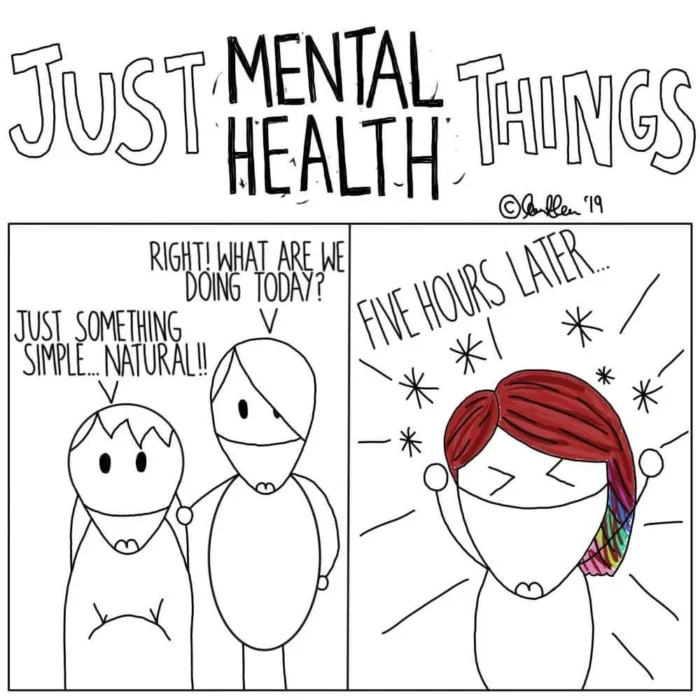
This small notion is especially good for those who have been dealing with their own mental instability because it gives them an opportunity to boost their mood while not doing anything drastic to themselves mentally, physically, or emotionally.
So whether it’s happiness or peace you’re seeking – before you give yourself a new look, know the positive psychological effects of hair color below!
Psychology Behind Changing Hair Color: 7 Clear Benefits
1. It Is A Form Of Self-Expression
The colors a person chooses for their hair can say a lot about them. You could choose an outfit that says something, or you could decorate your home to reflect who you are.
Much like those examples, one of the psychological effects of hair color is a way to express yourself in a unique and creative way. It lets people know what kind of personality you have, and what kind of mood you’re in and can tell others so much more about your identity.
2. It Boosts Your Confidence
When we look good, we feel good. That’s no secret. By changing your hair color, it enhances your appearance and will make you feel more attractive.
This alone is enough to boost anyone’s self-esteem up through the roof. And once that happens? Well, then it just keeps going up. Aspects in life such as social interactions and performance at work or school will all be enhanced when you’re feeling this confident.
3. You Get A Sense Of Control
So many things are uncertain in our lives right now. One thing though that is certain is the fact that dyeing your hair will give you a sense of control over something in your life when it feels like nothing else is going right.
We can do whatever we want with it and change whatever aspects about it whenever we please. Even if it won’t solve anything directly or make everything better, having this feeling alone can empower someone.
4. It’s A Form Of Emotional Release Or Coping Mechanism
We see people find solace in different things all the time whether they realize it or not. Some write down their thoughts, some go on long walks or runs daily and some even try something new with their appearance like dyeing their hair!
Dyed hair and mental illness go hand in hand when someone is looking for a fresh start after a long period full of negativity or if they’re simply craving something different then all they need to do is change their hair color! It can help them let go of everything from their past.
5. It Stimulates Your Creativity
Trying out all the different hair colors this world has available to us is a great way to stimulate our creative minds. It’s an opportunity for any of us, especially those who are stuck in their ways, to step outside our comfort zone and give something else a try.
Maybe someone could blend shades together or experiment with highlights? They could even channel a specific aesthetic if they please! The possibilities truly are endless. And simply going through the process of dyeing your hair will inspire you to think outside the box.
6. You May Form A Social Connection
When someone changes the color of their hair it becomes a conversation starter. This doesn’t mean they’ll make friends with everyone they meet after dyeing their hair but it still puts them on the right track!
Anyone could spark up a conversation about styling tips, exchange compliments about each other’s hair in general or even bond over some shared experiences they may have had that relate to changing one’s appearance!
7. It Enhances Your Mood
Finally, what seems to be the most important thing anyone gets out of dying their hair is how it makes them feel. “When we look good, we feel good.” That quote alone says enough about dyed hair and mental illness coping.
Transforming your appearance in general triggers dopamine (The neurotransmitter associated with pleasure and reward.)
So when you’re staring at yourself in the mirror while holding handfuls of newly colored hair strands? The excitement turns into satisfaction which turns into joy!
Related: Personal Color Analysis Test: Which Seasonal Palette Reflects You Best
Now that you know the psychology behind changing hair color, what are your thoughts on this? Share in the comments below!
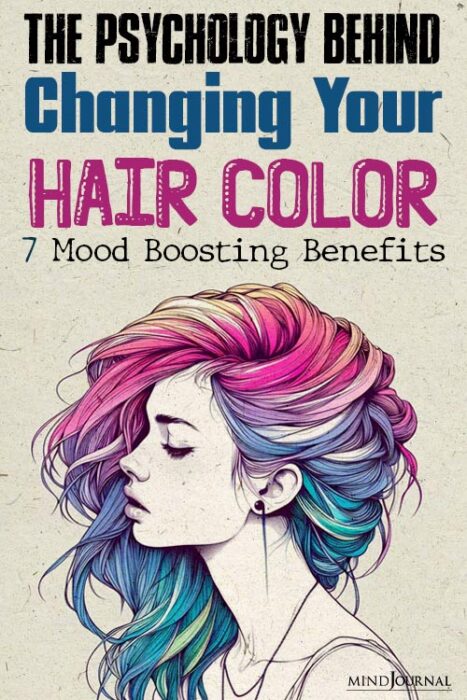


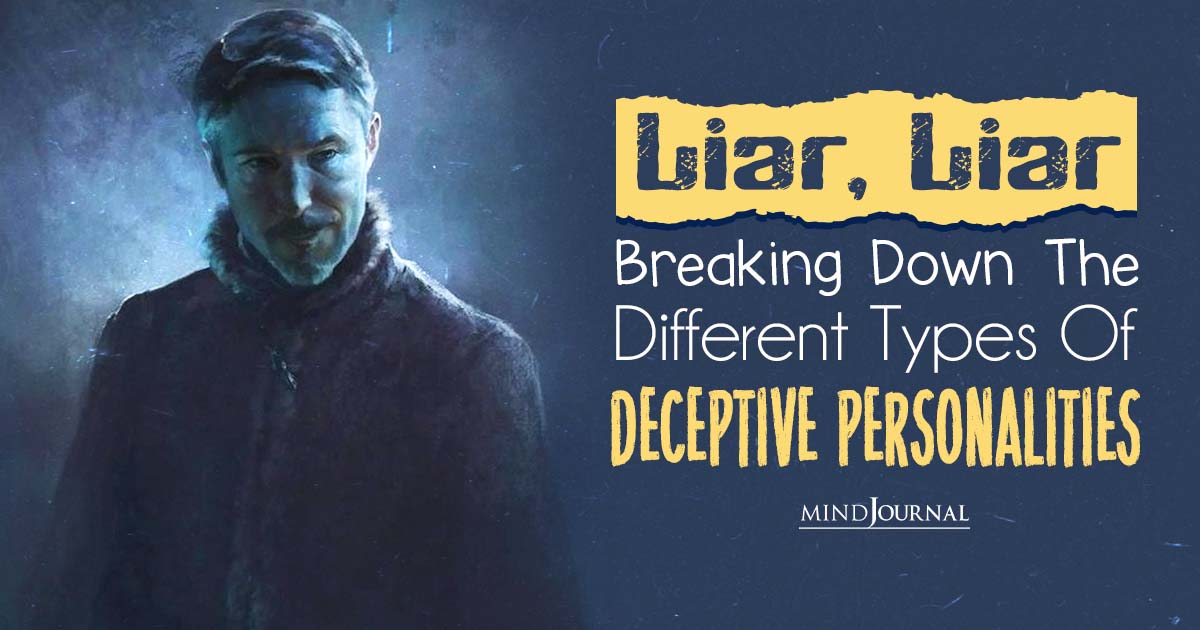
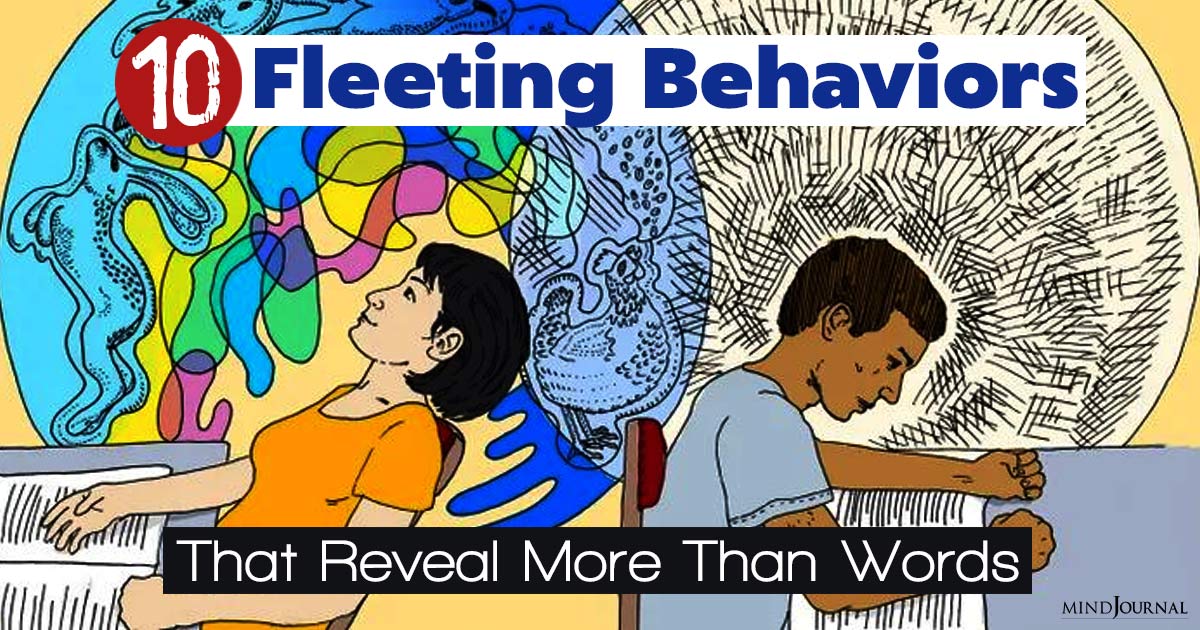
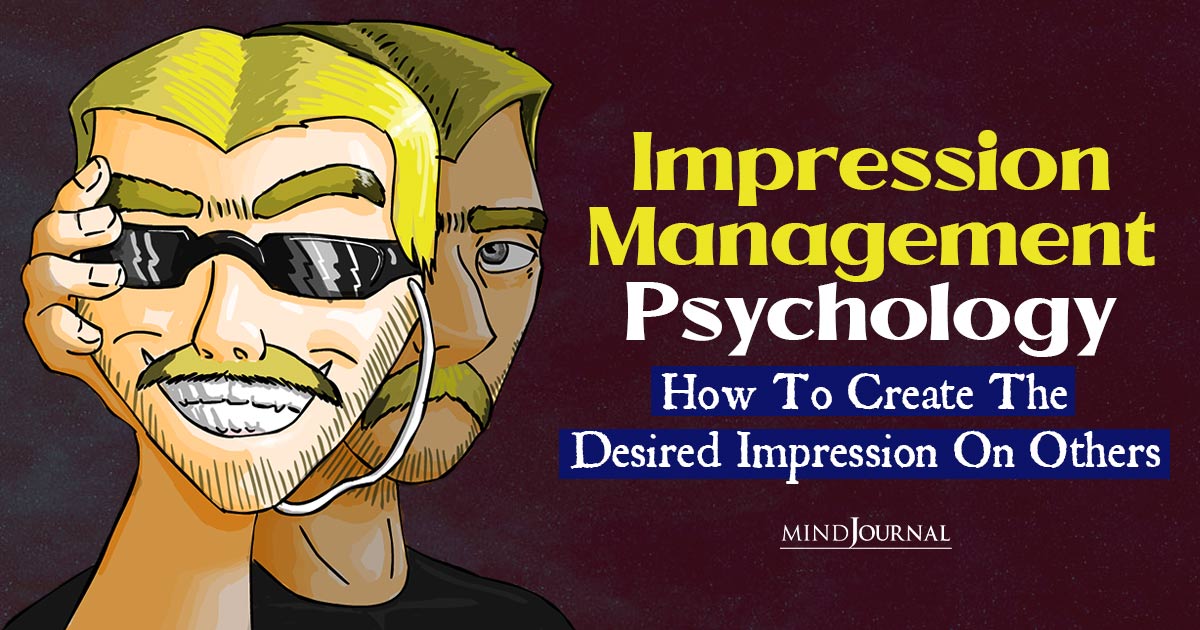
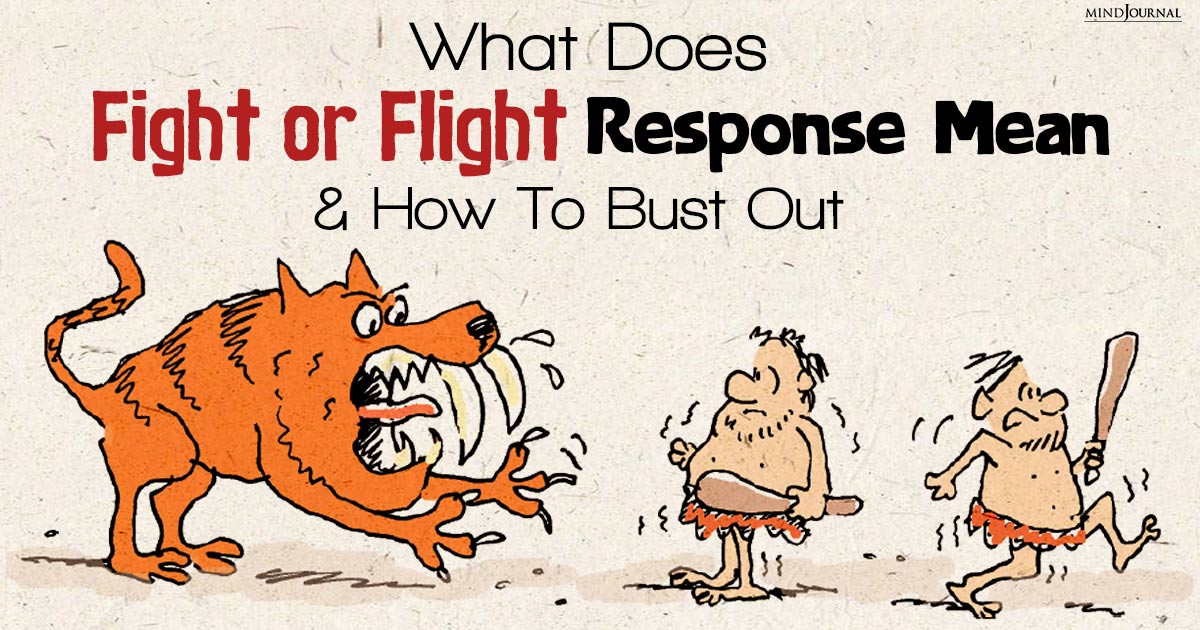
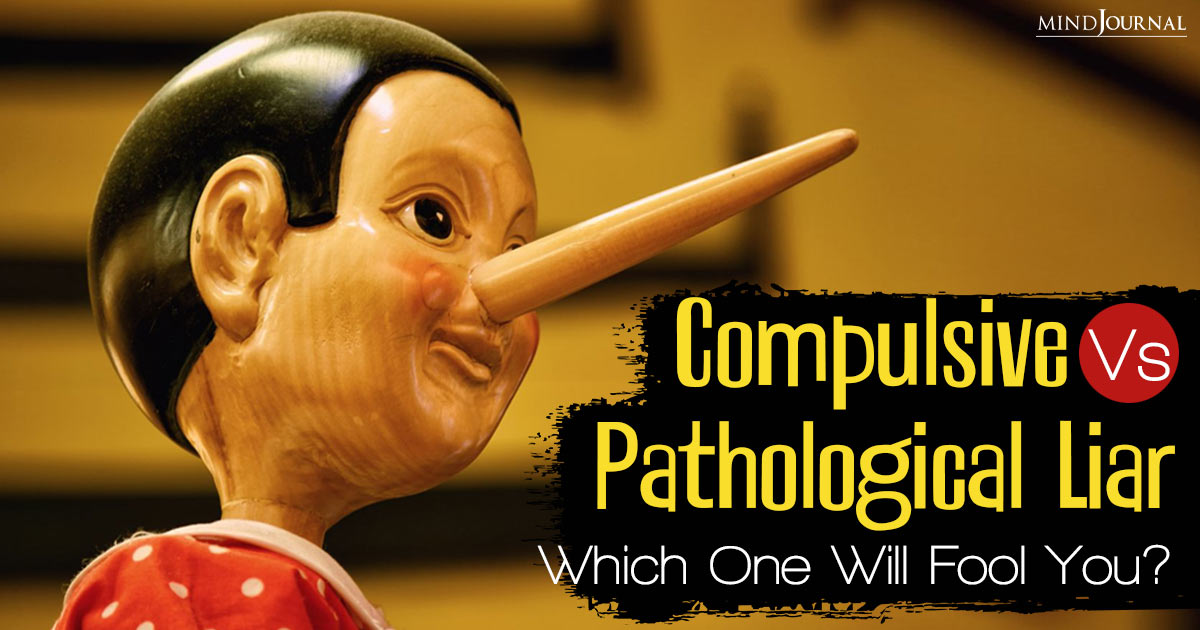
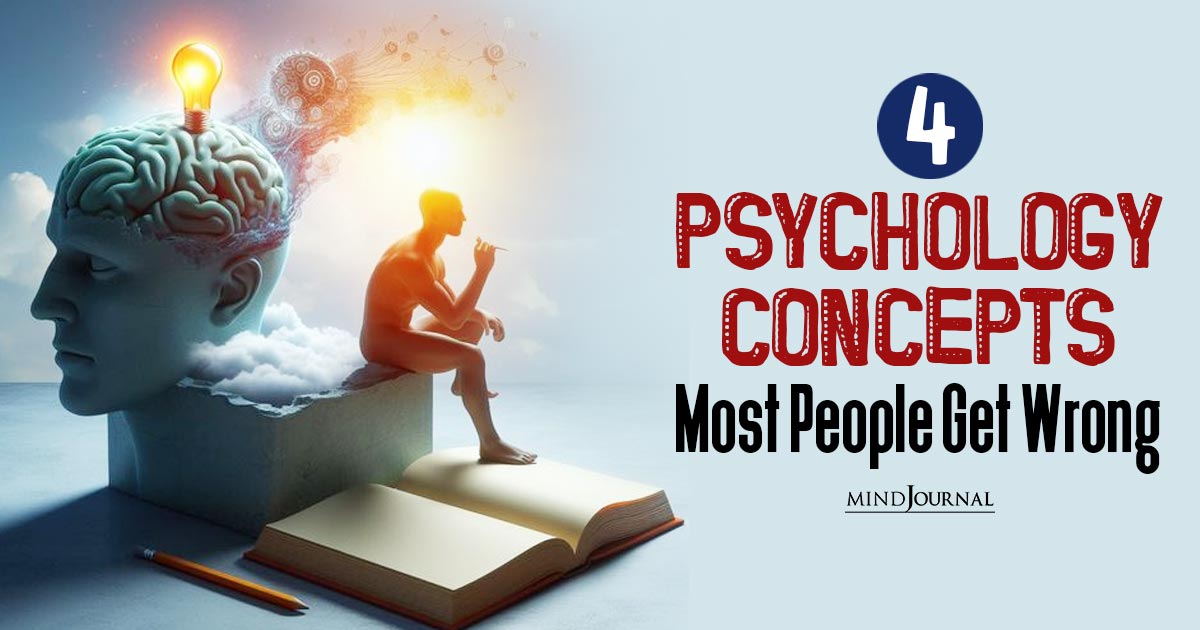
Leave a Reply
You must be logged in to post a comment.